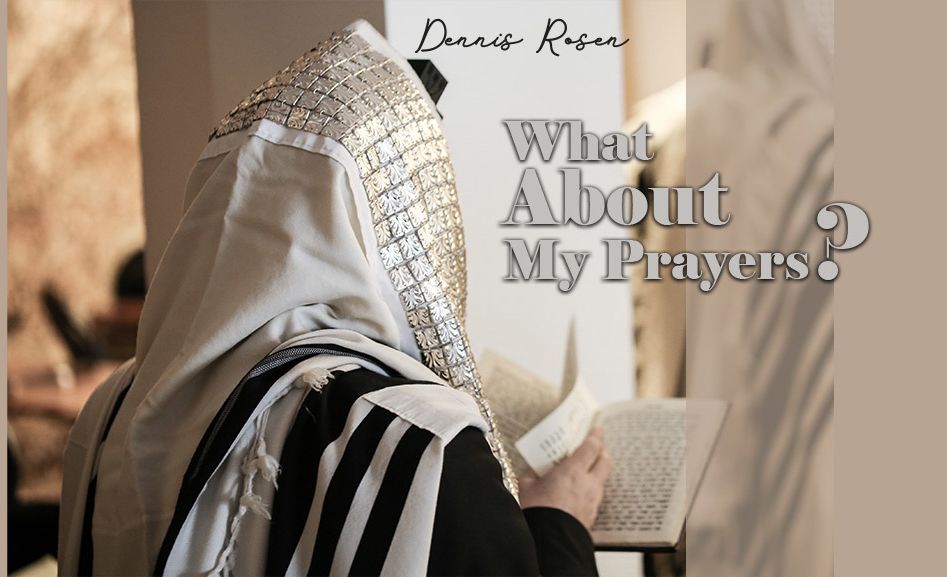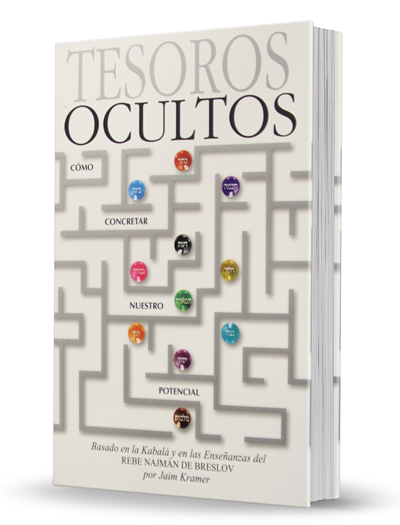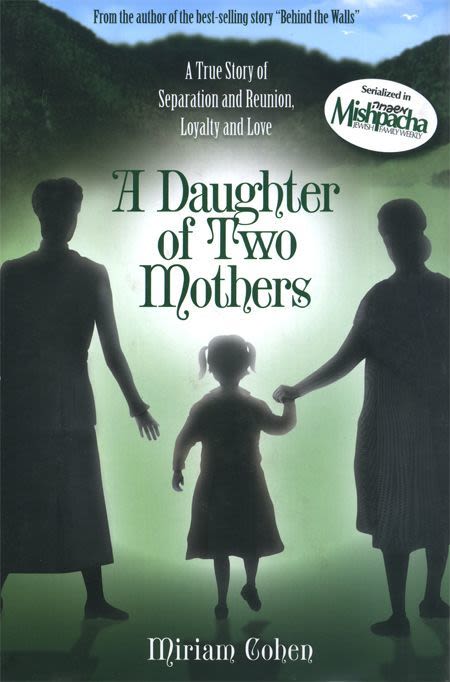
The Genuine Smile
Don't think that you're not capable of being a spiritual luminary. You have no idea of your potential for greatness. Don't ever sell yourself short, so start smiling...

Translated by Rabbi Lazer Brody
Rebbe Nachman of Breslev warns us to be happy. We would think such a strong term as “warning” would be used to keep us away from the offenses that the Torah considers most serious, such as idolatry, bloodshed, or illicit sex, Heaven forbid. Why does Rebbe Nachman therefore “warn” us to be happy?
First of all, Rebbe Nachman writes in Likutei Moharan II:24 that any illness that befalls a person results from a breakdown of that person’s joy in life. So it turns out that joy – simcha – is the best protection against disease that there is. A person who is joyous has an iron-clad immunization against disease.
Rebbe Nachman makes the outright statement that joy is the wonder cure of all ills. He explains that when Hashem comes to redeem our people and rebuild the Bet Hamikdash in the future (which we hope is near), Hashem will cure the sick with happiness. In other words, there will be so much joy in the world that everyone  will be cured, especially those that see and hear the singing and dancing in the Holy Temple.
will be cured, especially those that see and hear the singing and dancing in the Holy Temple.
So what’s so special about the Holy Temple? Hashem’s Divine presence is there, and Hashem only bestows His Divine presence on a place of joy. In the Holy Temple, one feels the joy of doing a mitzva. That joy is Divine light.
A person doesn’t have to wait until the Holy Temple is rebuilt to feel the joy of clinging to Hashem. By performing a mitzva with joy, a person clings to Hashem. How? A mitzva is a bond with the Ein Sof, with Hashem Himself. By doing a mitzva, a person clings to Hashem. This is the soul’s dream! The more a person clings to Hashem, the happier he or she is. One who is not happy is by consequence not clinging to Hashem.
The holy Ariza’l testified that he attained his lofty spiritual level by doing seemingly mundane mitzvot with great joy.
So why aren’t people happy? It’s because they don’t appreciate the magnitude of a mitzva. Imagine that a Jewish woman would fail to light Shabbat candles; she’d be miserable! So why isn’t she equivalently happy when she does succeed in lighting Shabbat candles? Imagine how upset an observant person would be if he missed a day of putting on tefillin. So why isn’t he equivalently happy when he does succeed in putting on tefillin? It’s because he doesn’t appreciate the privilege of clinging to Hashem.
A person that does a mitzva without joy is directly insulting Hashem. It’s as if Hashem is giving him a priceless gift, yet he turns up his nose and throws the gift in the trash can. What could be a greater insult? We can now understand why the terrible 98 curses of Torah (see Parshat Ki Tavo) are the result of a person’s failure to serve Hashem with joy.
A person who fulfills a mitzva with joy is a person who totally clings to Hashem. He or she will always be happy, for they meld with the source of holiness and happiness – Hashem. Hashem’s light is the epitome of both holiness and happiness. This is the light that illuminates the soul and makes it happy. The light of performing a mitzva with joy is the light the generates the genuine smile on a person’s face.
Hashem is just – every individual receives his or her just reward for ever tiny good deed they do. Yet, if a person isn’t happy, despite the fact that he or she works hard in serving Hashem, they’ll suffer in this world. But by serving Hashem with joy, they’ll not only receive the due rewards of the World to Come, but they’ll enjoy life in this world as well.
Don’t think that you’re not capable of being a spiritual luminary. You have no idea of your potential for greatness. By serving Hashem with joy, you can virtually attain the level of an Ariza’l. So let’s get to work. Don’t do your mitzvot in a mechanical manner. Ponder that you are now clinging to Hashem! You are the select individual who is now fortunate enough to personally serve the King of kings. How happy is our lot!
The above message was delivered by Rabbi Shalom Arush in Uman, 27 Tishrei, 5773












Tell us what you think!
Thank you for your comment!
It will be published after approval by the Editor.